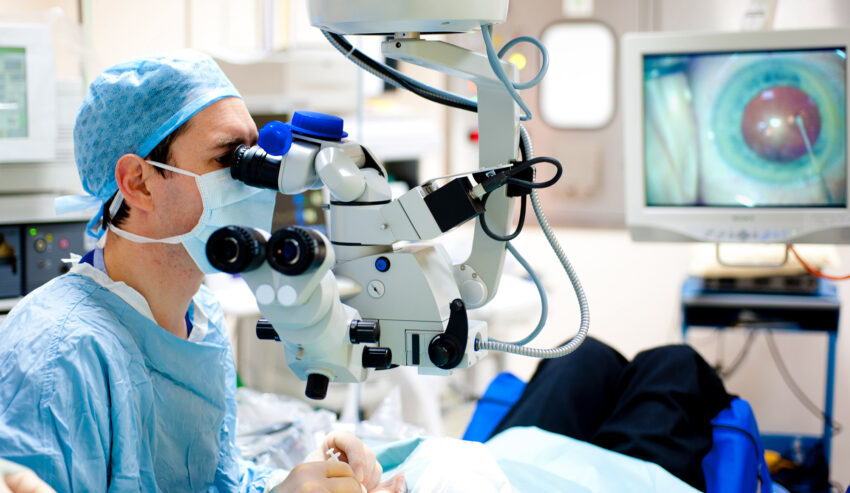Diabetic retinopathy is a common eye disease that affects people with diabetes. It is caused by damage to the blood vessels in the retina, the part of the eye responsible for vision. Diabetic retinopathy can lead to vision loss and blindness if left untreated. In this blog post, we will discuss diabetic retinopathy and the importance of regular eye exams for diabetic patients by a retina eye doctor.
What is Diabetic Retinopathy?
Diabetic retinopathy is a complication of diabetes that occurs when high blood sugar levels damage the blood vessels in the retina. When the blood vessels are damaged, they may leak fluid or blood, causing vision problems. Diabetic retinopathy can also cause the growth of abnormal blood vessels in the retina, leading to further vision loss and blindness.
Symptoms of Diabetic Retinopathy
In the early stages, diabetic retinopathy may not cause any noticeable symptoms. However, as the disease progresses, you may experience:
- Blurred or distorted vision
- Spots or floaters in your field of vision
- Difficulty seeing at night
- Colors appearing faded or washed out
- Loss of vision
Importance of Regular Eye Exams for Diabetic Patients
Regular eye exams are essential for diabetic patients to detect and treat diabetic retinopathy early. The American Diabetes Association recommends that people with diabetes have a comprehensive eye exam at least once a year. During an eye exam, your eye doctor will dilate your pupils to examine the retina for signs of diabetic retinopathy.
Early detection and treatment of diabetic retinopathy can help prevent vision loss and blindness. Treatment options may include medication, laser surgery, or vitrectomy surgery, depending on the severity of the disease.
Prevention of Diabetic Retinopathy
Prevention of diabetic retinopathy begins with good blood sugar control. The better you manage your blood sugar levels, the lower your risk of developing diabetic retinopathy. Other factors that can help prevent diabetic retinopathy include:
- Managing blood pressure and cholesterol levels
- Quitting smoking
- Maintaining a healthy diet and exercise routine
- Regular check-ups with your primary care physician and retina eye doctor
It’s also important to note that pregnant women with diabetes are at an increased risk of developing diabetic retinopathy. Therefore, pregnant women with diabetes should have a comprehensive eye exam during the first trimester and close follow-up throughout their pregnancy.
Diabetic retinopathy is a serious eye disease that can cause vision loss and blindness if left untreated. Regular eye exams are essential for diabetic patients to detect and treat diabetic retinopathy early. If you have diabetes, it’s crucial to manage your blood sugar levels, blood pressure, and cholesterol levels to reduce your risk of developing diabetic retinopathy. Quitting smoking, maintaining a healthy diet and exercise routine, and regular check-ups with your primary care physician and eye doctor are also crucial steps in preventing diabetic retinopathy. Remember, early detection and treatment can help prevent vision loss and blindness caused by diabetic retinopathy.
